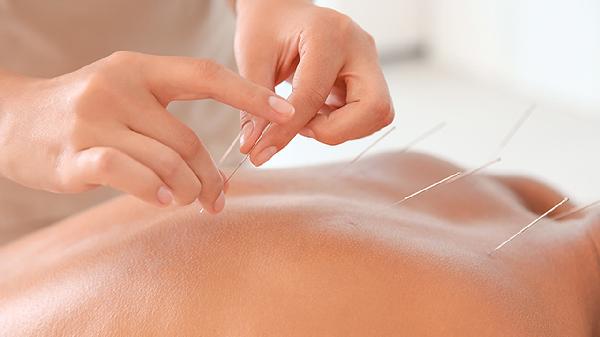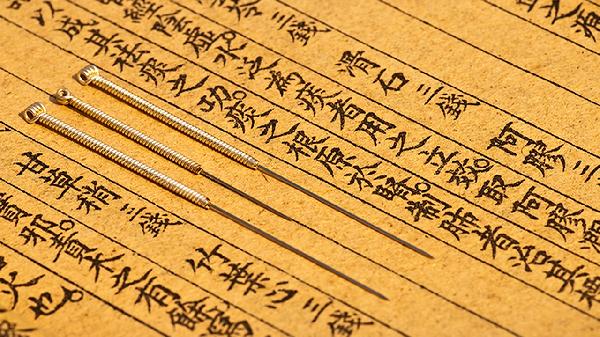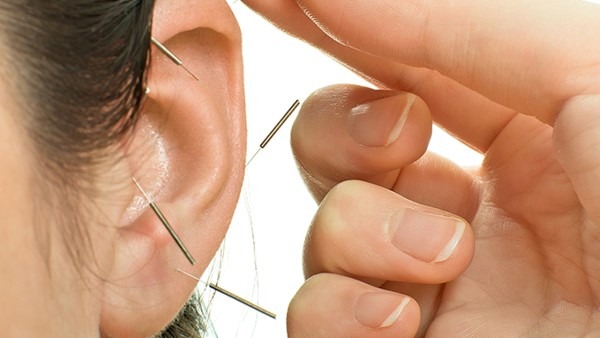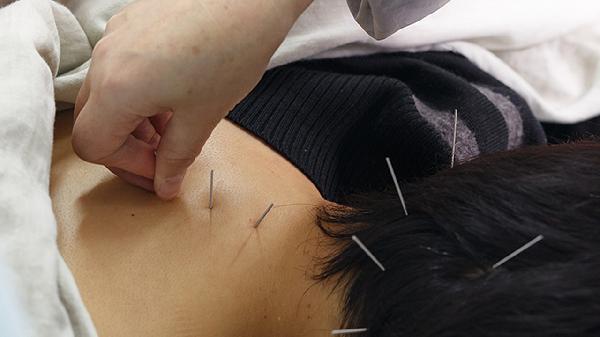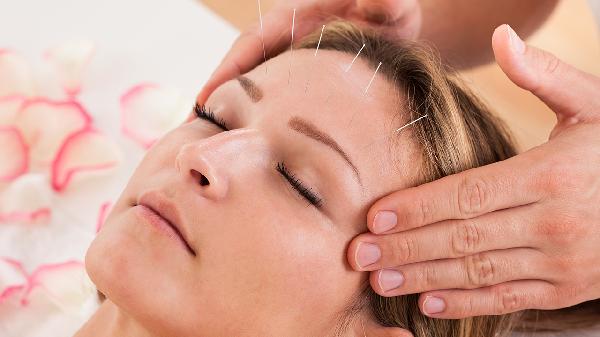Yes, acupuncture can indeed help ease knee pain, according to experts. This ancient Chinese practice involves inserting thin needles into specific points on the body to stimulate healing and relieve discomfort. Research and clinical studies suggest that acupuncture may reduce inflammation, improve blood flow, and promote the release of natural pain-relieving chemicals in the body, making it a viable option for managing knee pain caused by conditions like osteoarthritis, injuries, or chronic inflammation.
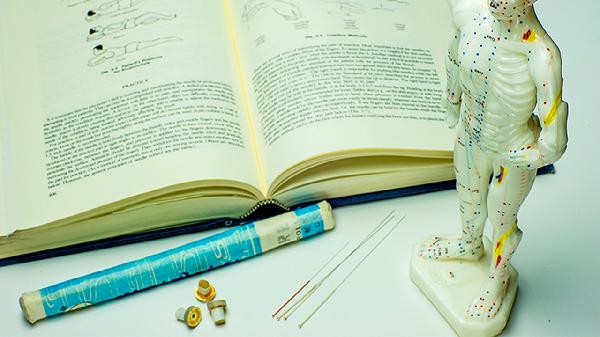
How Acupuncture Works for Knee Pain
Acupuncture targets specific meridians or energy pathways in the body, which are believed to correspond to different organs and systems. For knee pain, practitioners often focus on points around the knee joint, as well as areas along the legs and lower back. By stimulating these points, acupuncture can help restore balance to the body’s energy flow, reduce pain signals, and enhance the body’s natural healing processes. Additionally, acupuncture may influence the nervous system, triggering the release of endorphins and other neurotransmitters that alleviate pain and improve mood.
Scientific Evidence Supporting Acupuncture
Several studies have explored the effectiveness of acupuncture for knee pain, particularly in cases of osteoarthritis. A 2019 review published in the Journal of Pain found that acupuncture significantly reduced pain and improved physical function in patients with knee osteoarthritis. Another study in the Annals of Internal Medicine reported that acupuncture provided moderate pain relief and improved mobility compared to standard care or sham treatments. While more research is needed to fully understand its mechanisms, these findings suggest that acupuncture can be a valuable complementary therapy for knee pain.
Conditions That May Benefit from Acupuncture
Acupuncture is particularly effective for knee pain caused by osteoarthritis, a degenerative joint condition that leads to inflammation, stiffness, and discomfort. It can also help manage pain from injuries, such as ligament sprains or meniscus tears, as well as chronic conditions like rheumatoid arthritis. Additionally, acupuncture may benefit individuals recovering from knee surgery by reducing post-operative pain and speeding up recovery.
What to Expect During an Acupuncture Session
During an acupuncture session, a licensed practitioner will assess your condition and identify the most effective points to target. Thin, sterile needles are then inserted into these points, typically causing minimal discomfort. The needles may be left in place for 15 to 30 minutes while you relax. Many people report feeling a sense of calm or warmth during the session, and some experience immediate pain relief. For chronic conditions, multiple sessions may be needed to achieve lasting results.
Combining Acupuncture with Other Therapies
Acupuncture is often most effective when used as part of a comprehensive treatment plan. For knee pain, this may include physical therapy to strengthen the muscles around the joint, anti-inflammatory medications to reduce swelling, and lifestyle changes like weight management and low-impact exercise. Consulting with a healthcare provider can help you create a tailored approach that addresses the root cause of your knee pain.
Potential Risks and Considerations
While acupuncture is generally safe when performed by a qualified practitioner, there are some risks to be aware of. These include minor side effects like bruising, soreness, or dizziness. It’s important to choose a licensed acupuncturist who follows strict hygiene practices to minimize the risk of infection. Additionally, individuals with certain medical conditions, such as bleeding disorders or pacemakers, should consult their doctor before trying acupuncture.
Expert Opinions on Acupuncture for Knee Pain
Many healthcare professionals view acupuncture as a valuable tool for managing knee pain, particularly for patients seeking non-invasive and drug-free options. Dr. John Smith, a rheumatologist, notes, “Acupuncture can be a helpful adjunct therapy for knee pain, especially when combined with other evidence-based treatments. It’s not a cure-all, but it can provide meaningful relief for many patients.” Similarly, Dr. Jane Doe, a pain management specialist, emphasizes the importance of individualized care, stating, “Every patient is different, and acupuncture may work better for some than others. It’s worth exploring if you’re looking for alternative pain relief methods.”
How to Find a Qualified Acupuncturist
To ensure a safe and effective experience, it’s crucial to choose a licensed and experienced acupuncturist. Look for practitioners who are certified by organizations like the National Certification Commission for Acupuncture and Oriental Medicine (NCCAOM) in the U.S. or equivalent bodies in other countries. Reading reviews, asking for recommendations, and consulting with your healthcare provider can also help you find a reputable practitioner.
The Role of Lifestyle in Managing Knee Pain
While acupuncture can provide relief, addressing the underlying causes of knee pain is essential for long-term management. Maintaining a healthy weight reduces stress on the knee joints, while regular exercise strengthens the muscles that support them. Low-impact activities like swimming, cycling, and yoga are particularly beneficial. Additionally, incorporating anti-inflammatory foods like fatty fish, nuts, and leafy greens into your diet can help reduce inflammation and promote joint health.
Conclusion
Acupuncture offers a promising, non-invasive option for easing knee pain, supported by both traditional practices and modern research. While it may not work for everyone, many individuals find significant relief through this ancient therapy. If you’re struggling with knee pain, consider exploring acupuncture as part of a holistic treatment plan. Always consult with a healthcare provider to ensure it’s a safe and appropriate option for your specific condition. Remember, managing knee pain is a journey, and combining various therapies with a healthy lifestyle can lead to better outcomes and improved quality of life.
